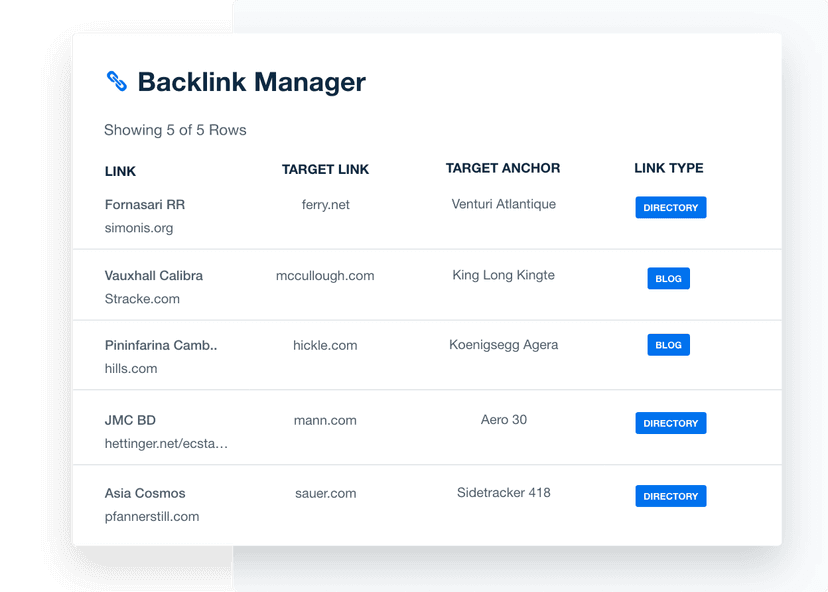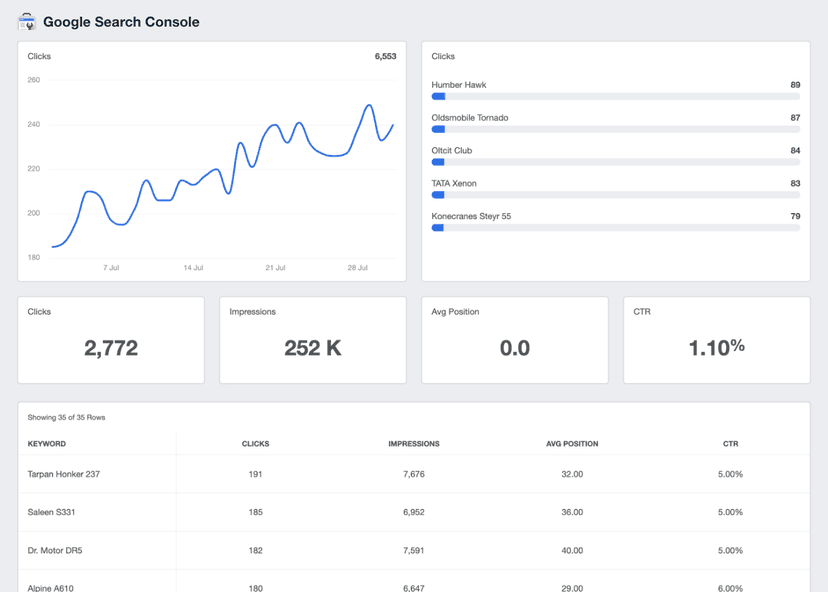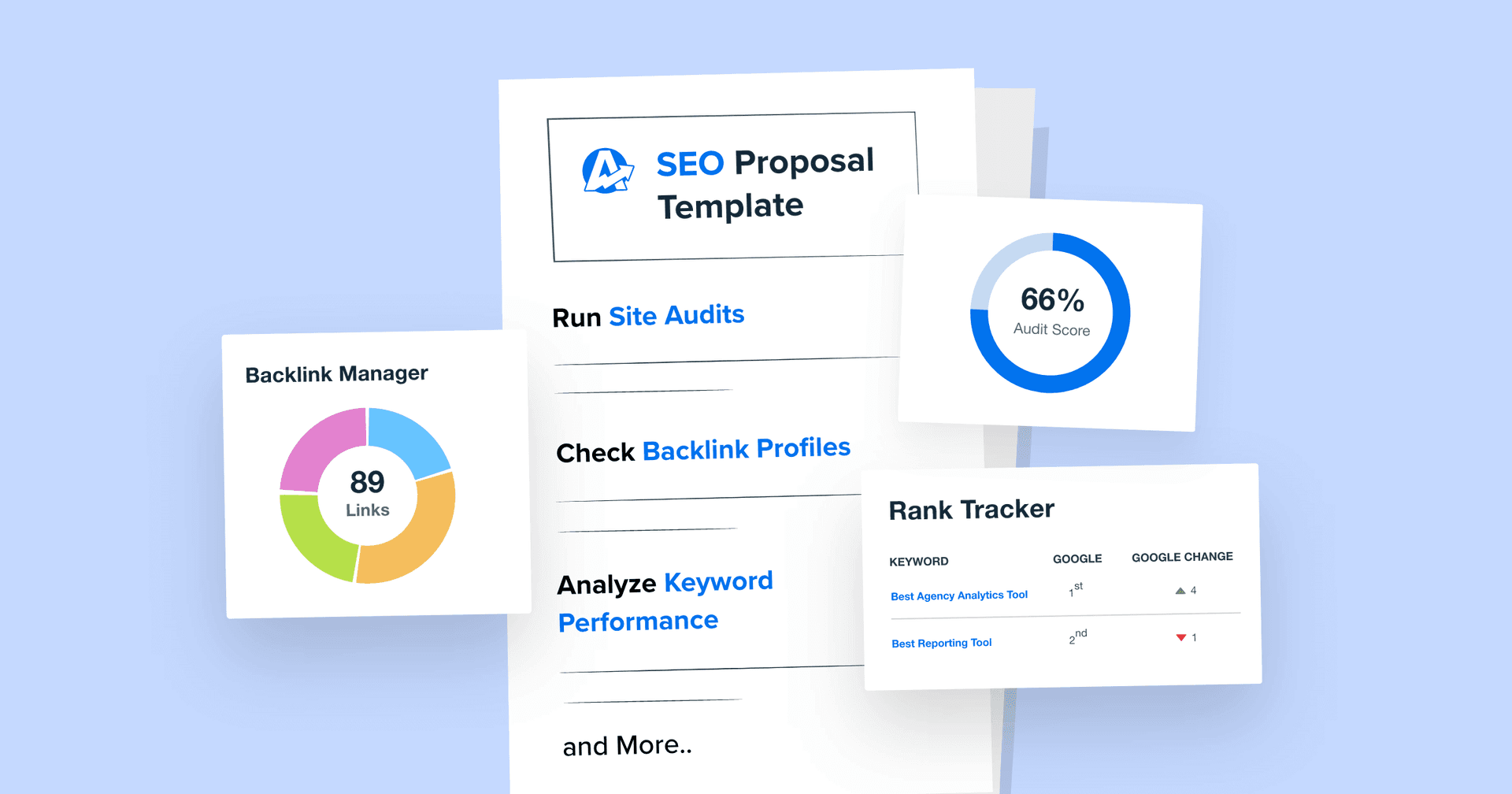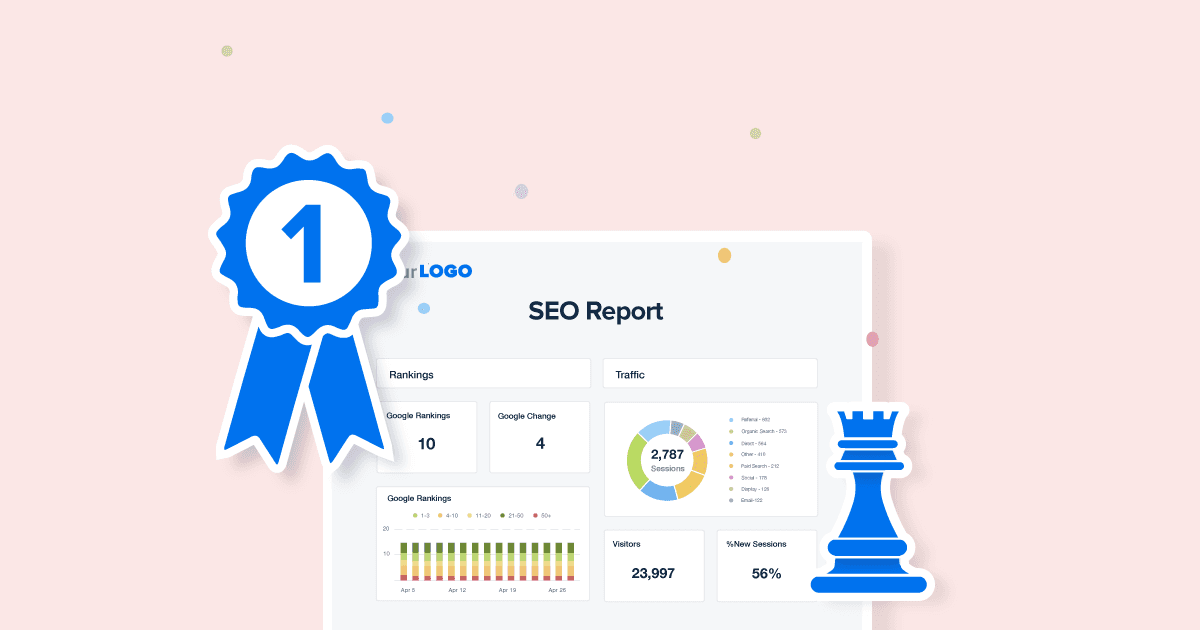Citation Flow
Link Quantity Assessment
Tracks the volume of links pointing to a website, which gauges popularity and influence.
Refine Link Building Strategies
Determine whether more backlinks are needed to drive website authority and visibility.
Diagnosing Link Issues
Pinpoint any SEO issues that lead to a drop in Citation Flow, like broken or lost backlinks.
Enhance Content Strategies
Create high-quality content that will lead to more backlinks.
Why Citation Flow Is Important
Citation Flow is like a web page's "Popularity Score" online. It measures how many backlinks point to a website, an important factor in search engine rankings and website traction. It’s also a metric that helps SEO experts understand how a website is faring against the competition.
For example, comparing a website’s Citation Flow to others in the same industry identifies any areas for improvement, such as pursuing more link-building opportunities. Use these insights to create a targeted link-building strategy, secure backlinks from authoritative sources, and boost overall credibility.

Stop Wasting Time on Manual Reports... Get SEO Insights Faster With AgencyAnalytics
How Citation Flow Relates To Other KPIs
Popularity doesn't guarantee quality or trustworthiness, so it's essential to consider Citation Flow alongside other SEO factors. This will give a more accurate and holistic assessment of a website’s overall performance.
Trust Flow–a sibling metric–measures the quality and trustworthiness of the linking domains. Viewing these metrics together helps agencies understand the balance between quantity and quality in the link profile.
Other metrics like organic traffic and Conversion Rates provide more insight into user behavior. For example, a client may have a high Citation Flow but low Click-through Rates or Conversion-oriented actions.
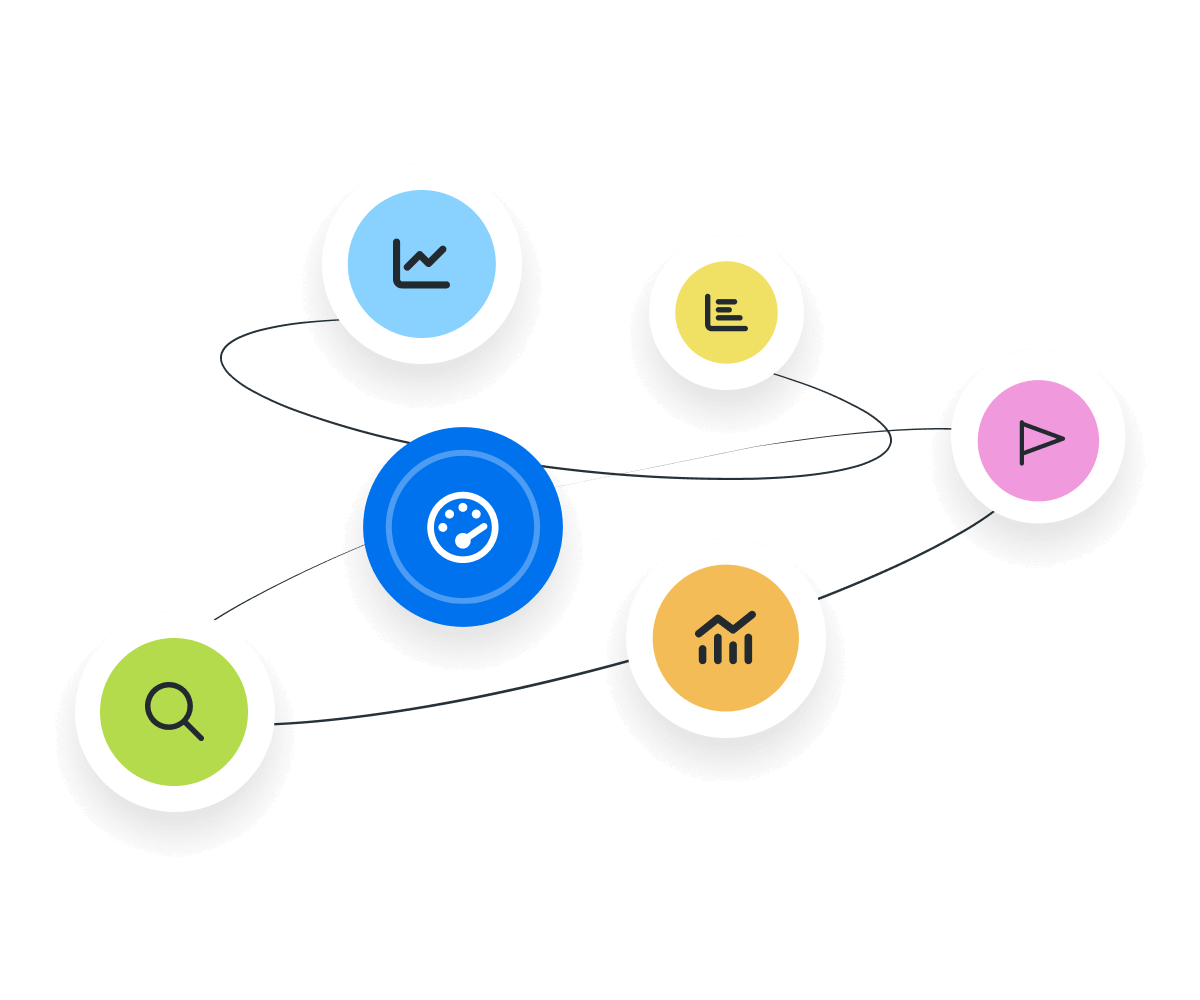
Google can’t yet make a qualitative decision about a website. It can tell what it’s about, but it can’t tell if it’s important or useful just by reading the site. One of the main factors it uses to determine importance is backlinks because these act as “votes of confidence.” If it trusts the sites that are linking to you, you get a portion of those referring sites’ trust. It’s just that simple.
How To Track Citation Flow
Complex and sophisticated algorithms are used to calculate Citation Flow. While there isn't a specific manual formula, it’s offered as a native metric by the Majestic SEO tool.
What Is a Good Citation Flow Score?
A good average Citation Flow largely depends on the industry and competition. A score above 40-50 is ideal in highly competitive niches.
A high Citation Flow may mean the website has content relevance, strong authority, and a competitive advantage.
Remember that context matters. Citation Flow measures the quantity of backlinks, but it doesn't distinguish between high-quality and low-quality links.
What Is a Bad Citation Flow Score?
A bad average Citation Flow is typically below 20-30, especially in competitive industries. While this could mean a lack of online presence and limited authority, it isn’t a tell-all of overall performance.
Even if a client has a lower Citation Flow, one reputable backlink may be worth more than a large volume of low-quality links. Contextualize Citation Flow with other metrics to better understand the overall backlink profile.
To boost Citation Flow, focus on developing keyword-relevant content, reaching out to reputable sources for link-building opportunities, and creating link-worthy assets, like infographics for example.
How To Set Citation Flow Goals and Benchmarks
Create Citation Flow benchmarks by determining which web pages are the most important for SEO goals, like getting more backlinks for a homepage or product page.
Start by researching competitors in the same niche or industry to gauge the competitiveness of the website’s link profile. Then, establish an initial benchmark for the website based on this data.
To achieve this benchmark or higher, create a comprehensive link-building strategy that includes tactics for acquiring high-quality backlinks, promoting content, and building relationships within the industry. Be sure to focus on Trust Flow at the same time.
Why Citation Flow Matters to Clients
Citation Flow is a crucial part of any client’s digital reputation. A high volume of relevant backlinks will contribute to better SEO performance, and that’s why Citation Flow is an integral part of the reporting story.
Plus, clients need a tangible way to measure their investment in marketing services. Citation Flow score (alongside other SEO metrics) lets clients know whether they’re improving online visibility, garnering more backlinks, and getting more organic traffic. Setting a KPI for achieving a set number of backlinks (i.e., improving Citation Flow) also shows clients what their agency has worked on.

Why Citation Flow Matters to Agencies
For marketing agencies, monitoring Citation Flow is instrumental in devising strategies that boost visibility and industry authority for their clients.
Citation Flow informs a client’s content strategy by highlighting which web pages or content have earned the most backlinks. By taking this approach, agencies will create effective link-building strategies that foster partnerships, enhance website visibility, and prove their capabilities to clients.

Create Customized SEO Reports That Reinforce Your Agency’s Value
Best Practices for Analyzing and Reporting on Citation Flow from Majestic SEO
Backlinks remain a critical component of SEO success. Here are a few tips when analyzing and reporting on Citation Flow to clients.
Contextual Explanation
Explain what Citation Flow is and why it matters for their online presence. Ensure clients understand that Citation Flow is a metric related to the number of backlinks and that it's part of a broader SEO strategy.
Benchmarking
Include benchmark data that compares the current CF scores to previous periods (month-over-month or year-over-year) or against agreed-upon targets. Benchmarking helps clients assess the progress and impact of the agency’s efforts.
Link Profile Overview
Provide an overview of the client's current link profile, highlighting key statistics such as the total number of backlinks (Citation Flow), referring domains, and the quality score of these backlinks (Trust Flow).
Track Trends and Changes
Explain the factors that may have influenced changes, such as successful link-building campaigns, content marketing efforts, or technical SEO improvements. Identify areas of improvement and share insights on addressing them.
Competitor Comparison
Include a comparison of your client's Citation Flow scores with their competitors. This helps clients gauge their competitive position and identify opportunities to outperform other websites.
Impact on SEO
Clearly articulate how changes in Citation Flow scores impact their SEO performance. Explain how a higher Citation Flow score may improve search engine rankings, increase organic traffic, and enhance online authority.
Backlinks remain the best indicator to Google and other search engines that a webpage is considered important by internet users. Links can be compared to votes, only when it comes to backlinks votes are not equal. The more relevant a website is to the target site and page, the more authority it has and expertise it displays, the more weight the vote gets.
Majestic SEO Dashboard Example
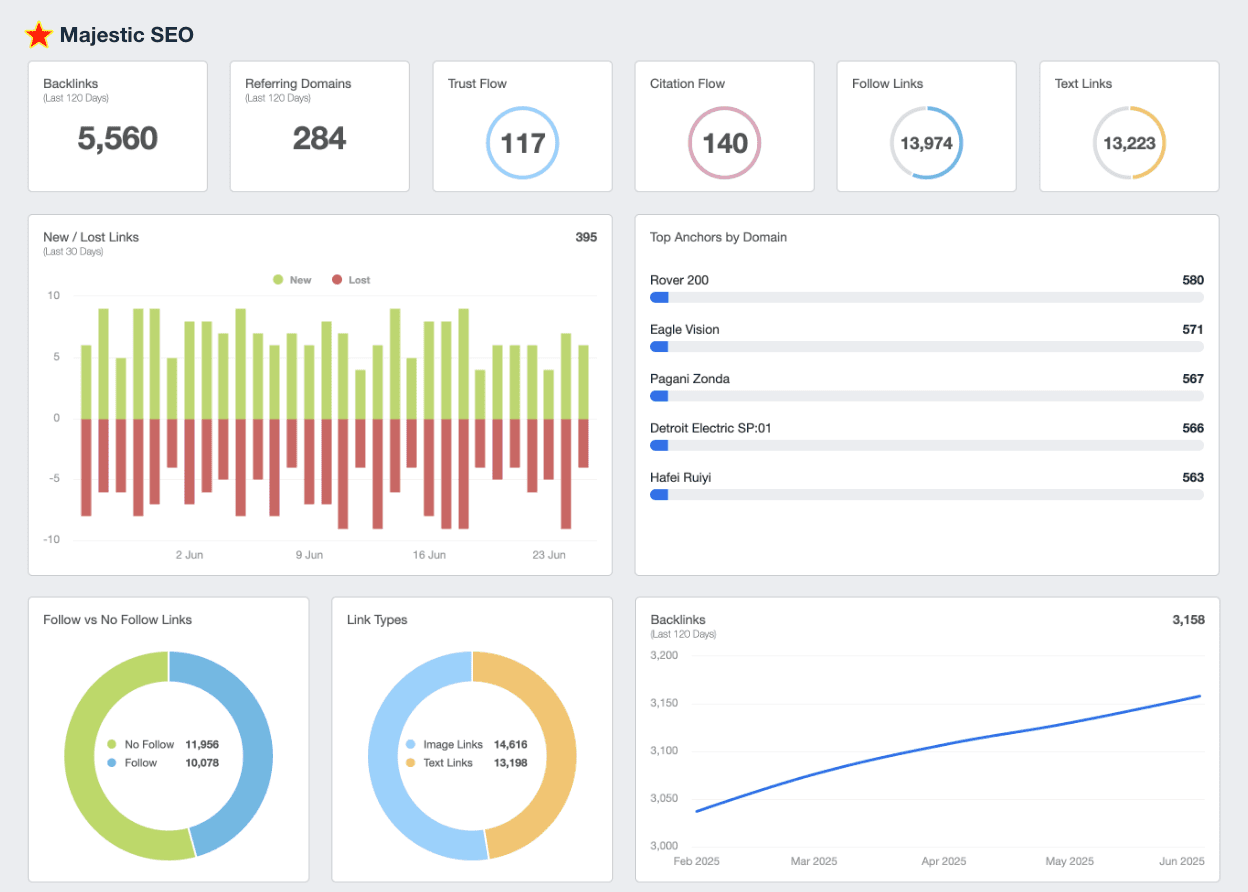
Related Integrations
How To Improve Citation Flow
Follow these actionable tips to enhance a website's Citation Flow and strengthen its online presence.
Focus on Content Quality
Create and promote valuable, shareable content that naturally attracts backlinks and appeals to the target audience.
Identify Influential Websites
Establish relationships within the specific industry or niche, and seek opportunities for collaborations that result in valuable backlinks.
Backlink Quality Assessments
Regularly remove low-quality, spammy, or irrelevant backlinks, as search engines consider this when assessing website authority.
Related Blog Posts
See how 7,000+ marketing agencies help clients win
Free 14-day trial. No credit card required.


